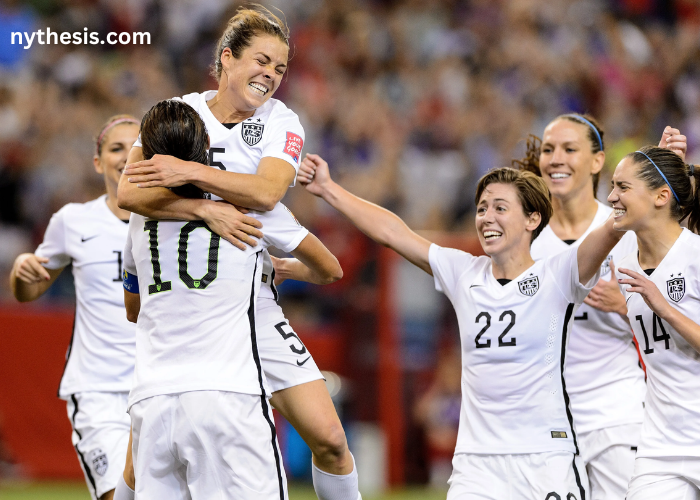Sports, a realm where triumphs and defeats, athleticism and strategy, and passion and perseverance collide, has long been an integral part of human culture. From ancient competitions in Greece to modern-day global tournaments, the landscape of sports has continuously evolved, reflecting societal changes, technological advancements, and shifting values. In this article, we delve into the multifaceted tapestry of sports culture, examining its evolution and the profound impact it has had on societies worldwide. Discover the latest news, results, and tips on Babaijebu, your ultimate online destination for all things related to this popular lottery game.
Roots in Antiquity:
The roots of modern sports culture can be traced back to ancient civilizations, where physical prowess was celebrated and athletic competitions were held as sacred rituals. In ancient Greece, the Olympic Games emerged as a platform for city-states to showcase their strength and prowess, uniting disparate communities in the spirit of friendly competition. These early sporting events not only showcased athleticism but also served as a reflection of cultural values, emphasizing virtues such as honor, discipline, and excellence.
Rise of Modern Sports:
The modern era witnessed the transformation of sports from local pastimes to global phenomena. The Industrial Revolution brought about urbanization and leisure time, providing the perfect breeding ground for organized sports leagues and competitions. The establishment of formal rules, governing bodies, and professional leagues laid the foundation for the modern sports industry, shaping the way we perceive and engage with athletic endeavors.
Technology and Innovation:
Advancements in technology have revolutionized the world of sports, enhancing performance, safety, and the spectator experience. From the introduction of synthetic materials in equipment to the use of analytics and video technology in training and game analysis, innovation has become synonymous with success in the sporting arena. Moreover, the advent of social media and digital platforms has transformed the way fans interact with their favorite teams and athletes, ushering in an era of unprecedented connectivity and engagement.
Cultural Phenomenon:
Sports have transcended mere athletic competition to become a cultural phenomenon with far-reaching implications. The influence of sports extends beyond the field of play, permeating various aspects of society, including politics, economics, and entertainment. Sporting events serve as platforms for social activism and cultural expression, fostering unity and sparking conversations on pressing issues. Furthermore, the economic impact of sports cannot be understated, with billions of dollars being generated annually through ticket sales, sponsorships, and media rights.
Challenges and Opportunities:
Despite its widespread popularity, sports culture is not without its challenges. Issues such as doping, corruption, and inequality continue to plague the industry, raising questions about ethics and fairness. Moreover, the commercialization of sports has led to concerns about the prioritization of profit over the well-being of athletes and the integrity of the game. However, amidst these challenges lie opportunities for positive change, as stakeholders work together to promote inclusivity, diversity, and sustainability within the sporting world.
Conclusion:
In conclusion, sports culture remains a dynamic and ever-evolving phenomenon that reflects the complexities of the human experience. From its humble origins in antiquity to its current status as a global juggernaut, sports continue to captivate and inspire people of all ages and backgrounds. As we navigate the challenges and opportunities of the 21st century, it is essential to recognize the profound impact that sports culture has on society and to embrace its potential to unite, educate, and empower individuals around the world. So, as the next game begins, remember: it’s not just about winning or losing; it’s about the journey and the stories that unfold along the way. Game on!
